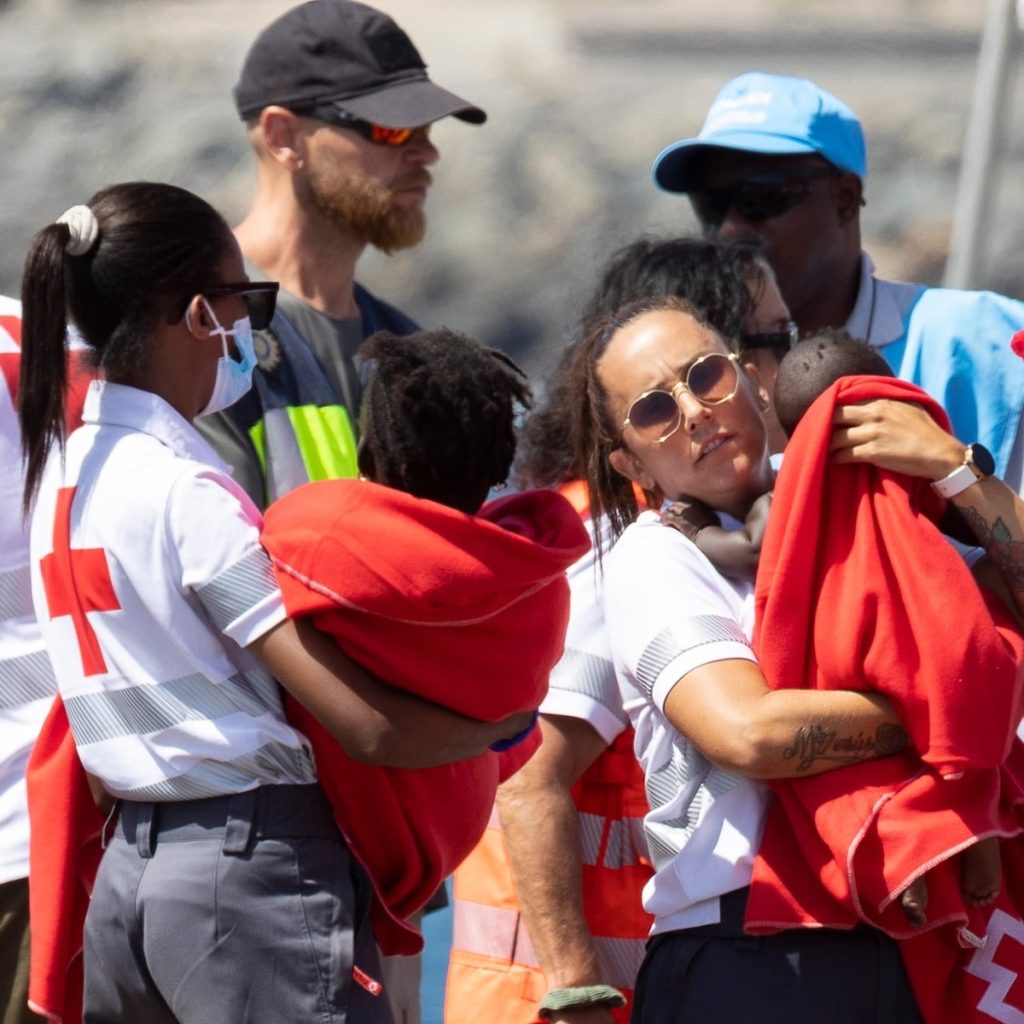The Official Gazette of the Canary Islands has published a new protocol on Thursday that establishes additional requirements for the delivery of unaccompanied migrant minors arriving on the islands to the Canarian government by the State security forces. The new text includes steps that the Canarian government claims were part of the 2014 protocol but were not being followed, leading to disorder and slowing down the entry of newcomers into reception facilities. Some of the new requirements include prior identification and registration in the Minor Registry, an administrative resolution from the State assigning the minor to a specific location, and a formal handover with documentation in the presence of an interpreter and the Public Prosecutor.
The Canarian government states in the accompanying text that there is disorder in the delivery of minors by the National Police to entities’ personnel. This handover takes place without direct control from the regional administration, individual administrative resolution for the assignment or location of the minor in the Canaries, or a decree from the Public Prosecutor for the minor’s disposition. This lack of proper identification and traceability due to group deliveries poses a risk of confusion of identities among minors. This new protocol coincides with heightened tension between the central and regional governments over the transfer of unaccompanied migrant minors, with Canarian President Fernando Clavijo forming an alliance with the PP leader Alberto Núñez Feijóo to determine how the transfer should be executed, causing discontent in La Moncloa.
Previously, on September 2, President Clavijo publicly criticized the Sánchez government and threatened legal action over the delivery of minors following a clash among the Police, the Prosecutor, and NGO officials at a port in El Hierro. He emphasized the importance of strict compliance with admission protocols approved by the Rajoy government in 2014 to ensure the rights of minors. The Canarian government also passed a resolution prohibiting entities from accepting new migrants without prior authorization from regional authorities, prompting an NGO to challenge the decision in court on the grounds of violating minors’ fundamental rights and best interests.
As the influx of unaccompanied migrant minors continues to overwhelm the Canaries, the central and regional governments proposed a reform of the immigration law to facilitate the transfer of minors to other regions. However, the proposal was rejected in Congress due to opposition from PP, Junts, and Vox. Canarian President Clavijo and the government have been in discussions to address the issue throughout the summer, with both sides accusing each other for the lack of agreement. The summer saw record numbers of arrivals to the Canaries, with over 25,000 individuals arriving in boats, including 6,267 in July and August alone. The surge in arrivals in August, with nearly half occurring in the second half of the month, has included over 3,400 minors.


